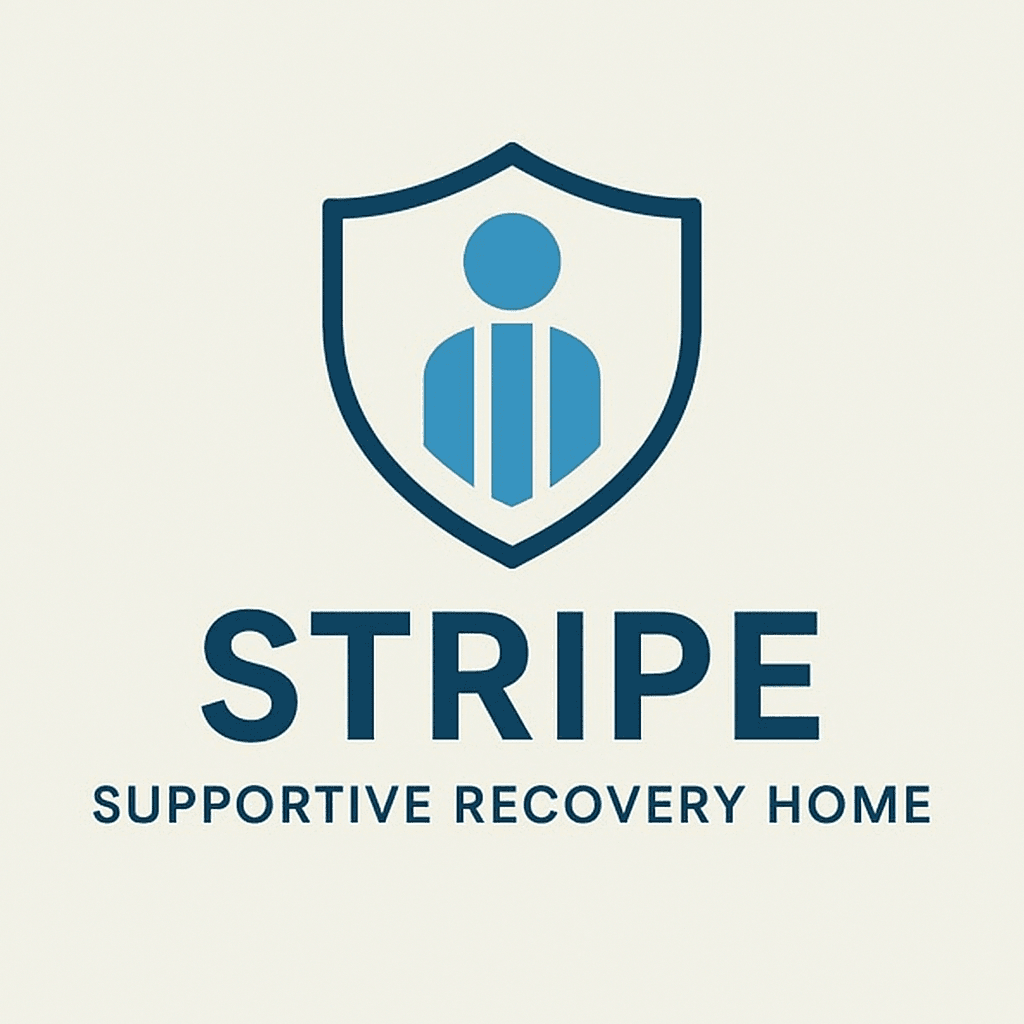How Transitional Housing Programs in Surrey BC Support Long-Term Sobriety
Understanding Transitional Housing Programs
Transitional housing programs are a critical component in the journey towards long-term sobriety, particularly in regions like Surrey, BC. These programs offer a structured environment for individuals recovering from addiction, providing them with the necessary support and resources to rebuild their lives. By bridging the gap between treatment centers and independent living, transitional housing plays a pivotal role in sustaining recovery.
Residents in these programs benefit from a range of services designed to reinforce their sobriety. These services often include counseling, life skills training, and employment assistance. The goal is to equip individuals with the tools they need to maintain a sober lifestyle while integrating back into society.

The Role of Community and Peer Support
A significant advantage of transitional housing is the sense of community it fosters among residents. Living alongside others who are on similar paths can be incredibly empowering. Residents often find comfort and motivation in sharing their experiences, challenges, and successes with peers. This communal support system is integral to sustaining long-term sobriety.
Moreover, transitional housing programs frequently incorporate peer-led support groups and activities. These initiatives encourage accountability and provide an additional layer of support outside of professional counseling sessions. Building a strong, supportive network is crucial for those striving to overcome addiction.
Access to Professional Resources
Transitional housing programs in Surrey, BC, provide residents with access to a variety of professional resources. These include mental health services, substance abuse counseling, and medical care. Access to such comprehensive support helps address the multifaceted nature of addiction and recovery.

By offering these resources, transitional housing programs ensure that residents receive personalized care tailored to their specific needs. This holistic approach not only aids in overcoming addiction but also promotes overall well-being and mental health.
Developing Life Skills for Independence
One of the primary objectives of transitional housing is to prepare residents for independent living. Programs emphasize the development of essential life skills such as financial management, job readiness, and personal responsibility. These skills are vital for individuals looking to sustain long-term sobriety outside of a structured environment.
Residents are encouraged to participate in workshops and training sessions that focus on employment readiness and personal development. By acquiring these skills, individuals increase their chances of successful reintegration into society and reduce the risk of relapse.

The Importance of Stability and Safety
Transitional housing provides a safe and stable environment for individuals in recovery. Stability is a key factor in maintaining sobriety, as it minimizes exposure to triggers and stressful situations that could lead to relapse. The structured setting offered by these programs ensures that residents have a secure place to live while they adjust to life without substance use.
In addition to physical safety, transitional housing also offers emotional stability. The supportive environment helps residents build confidence and resilience, both of which are essential for long-term recovery success.
Conclusion: A Pathway to Lasting Sobriety
Transitional housing programs in Surrey, BC, play an essential role in supporting individuals on their journey to lasting sobriety. By providing a structured environment, access to professional resources, and opportunities for personal development, these programs empower residents to overcome addiction and build fulfilling lives.
As more people recognize the benefits of transitional housing, it becomes increasingly important to support and expand these programs. With continued investment and community involvement, transitional housing can offer even more individuals the chance to achieve long-term sobriety and independence.
